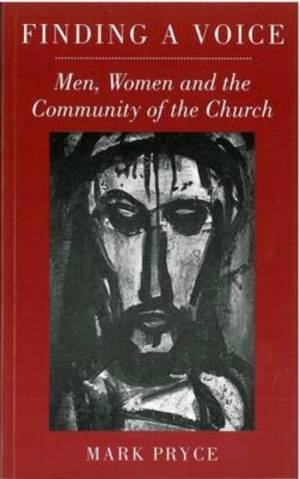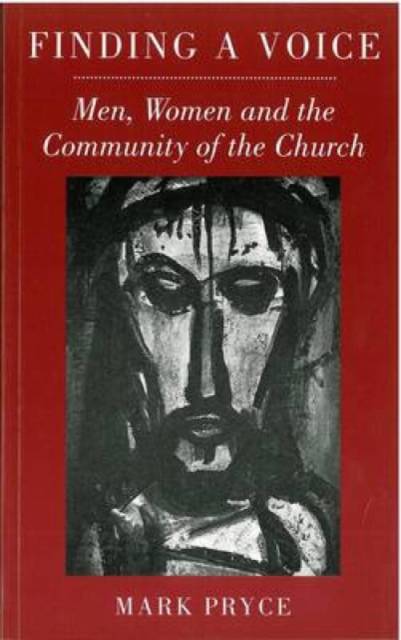
- Afhalen na 1 uur in een winkel met voorraad
- Gratis thuislevering in België vanaf € 30
- Ruim aanbod met 7 miljoen producten
- Afhalen na 1 uur in een winkel met voorraad
- Gratis thuislevering in België vanaf € 30
- Ruim aanbod met 7 miljoen producten
Zoeken
€ 36,45
+ 72 punten
Omschrijving
Men are making a variety of responses to feminism within the churches. Some react angrily and uncritically to the challenges which feminism poses to Christian belief and practice. Others are paralysed by guilt, fear and shame. Some men welcome the full and equal participation of women in the life of the Christian community and in society generally, but these changes involve a massive shift in masculine roles and identity - a transition which men have yet to negotiate with any hope or confidence. This book arises from a rich store of conversation and pastoral work with both women and men. It takes the challenges of feminism as an opportunity for men to reshape their own self-understanding. It encourages men to learn from women, to explore the anxieties which lurk behind the power structures and processes of patriarchy, and to accept that abusive gender regimes are harmful for men as well as women. The literature and ideas of the men's movement are critically examined, and the limitations and creative possibilities of masculine theology are exposed, as the book works towards a new ecumenical vision in which difference in gender and sexuality is celebrated and the church's ancient fears of sexual and erotic ambiguity are laid aside. A final chapter of poems, stories and meditations forms a spiritual playground in which men and women alike may trace connections between religious belief, sexual desire and gender identity.
Specificaties
Betrokkenen
- Auteur(s):
- Uitgeverij:
Inhoud
- Aantal bladzijden:
- 160
- Taal:
- Engels
Eigenschappen
- Productcode (EAN):
- 9780334026624
- Verschijningsdatum:
- 2/12/1996
- Uitvoering:
- Paperback
- Formaat:
- Trade paperback (VS)
- Afmetingen:
- 136 mm x 216 mm
- Gewicht:
- 181 g

Alleen bij Standaard Boekhandel
+ 72 punten op je klantenkaart van Standaard Boekhandel
Beoordelingen
We publiceren alleen reviews die voldoen aan de voorwaarden voor reviews. Bekijk onze voorwaarden voor reviews.











